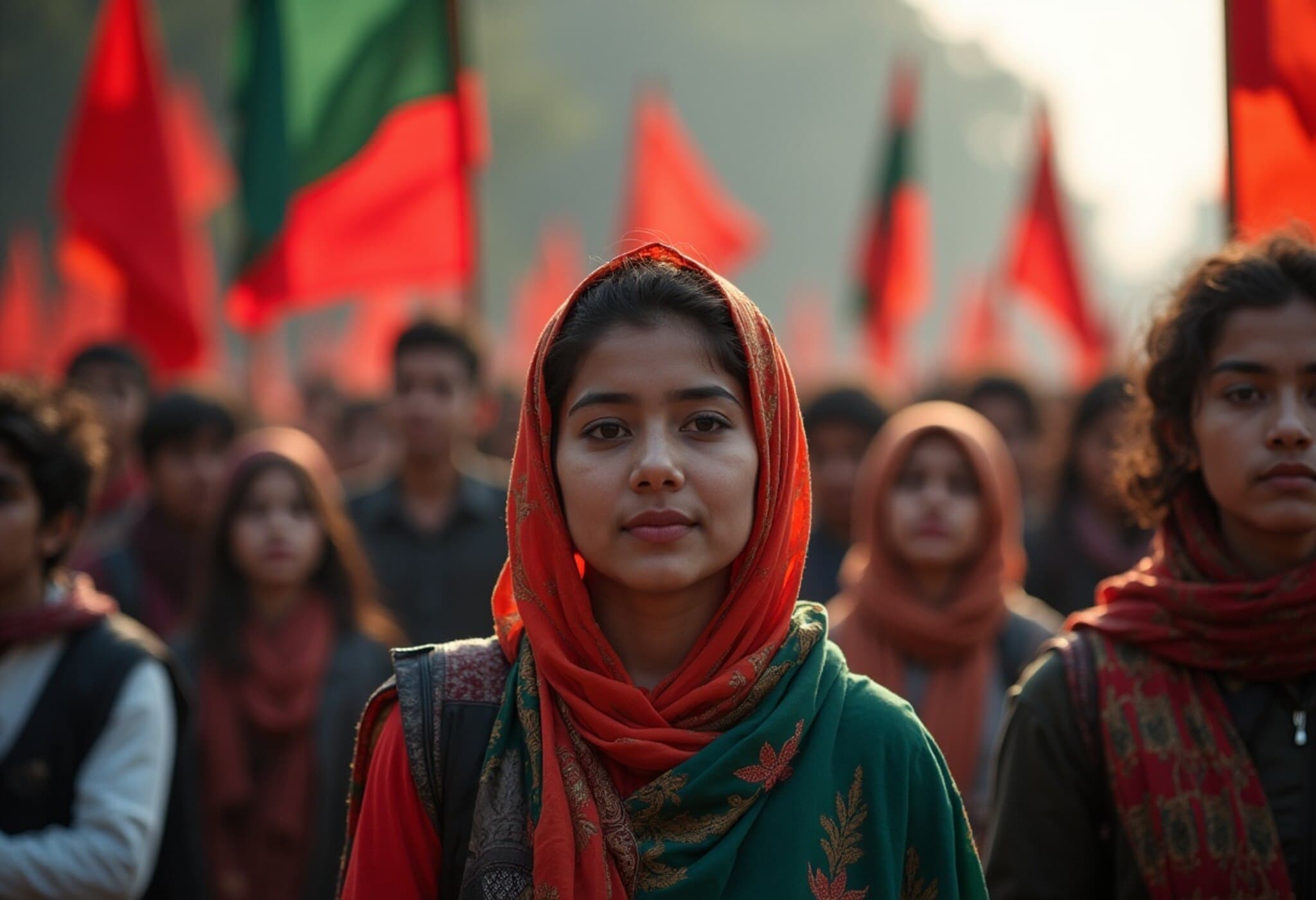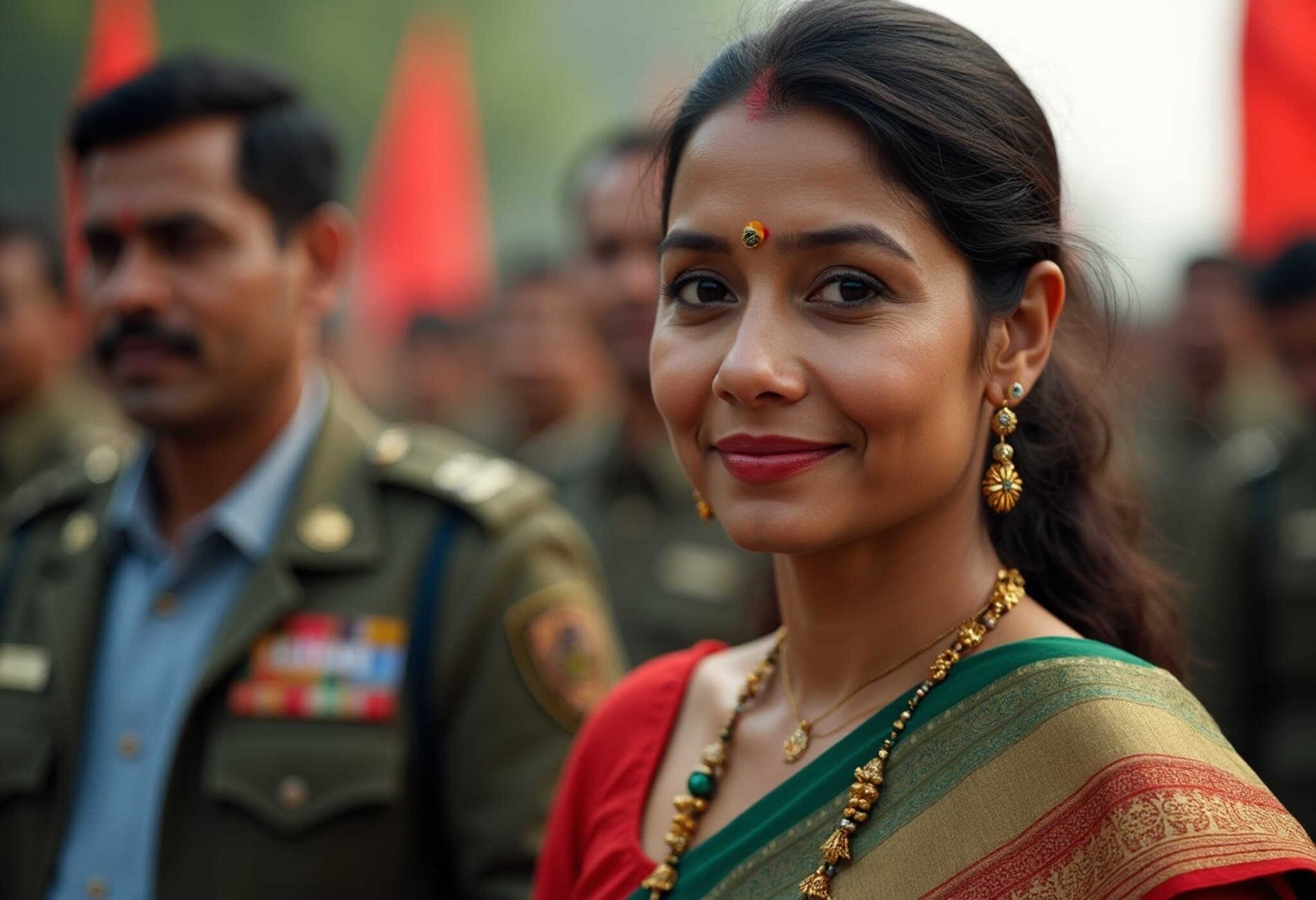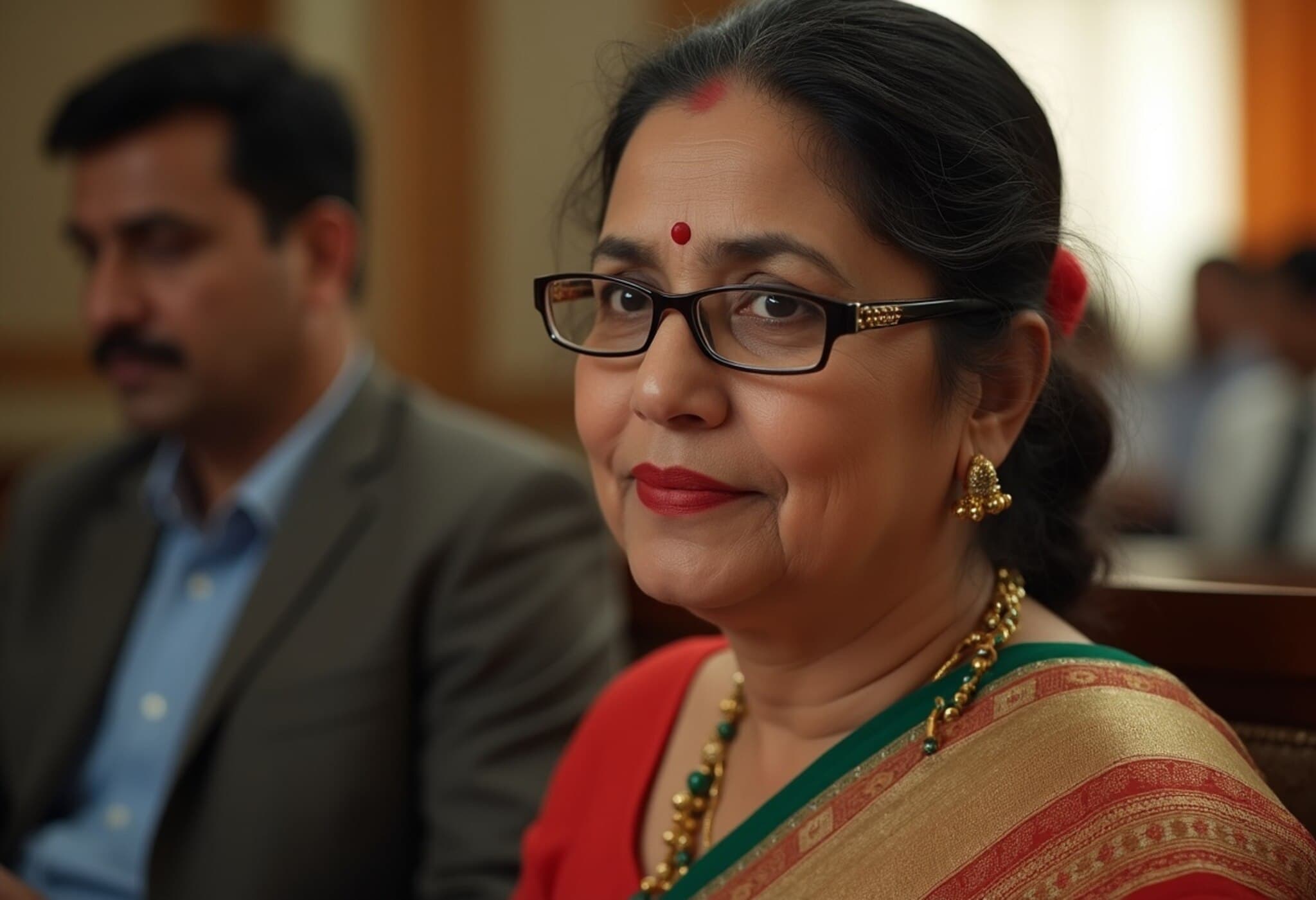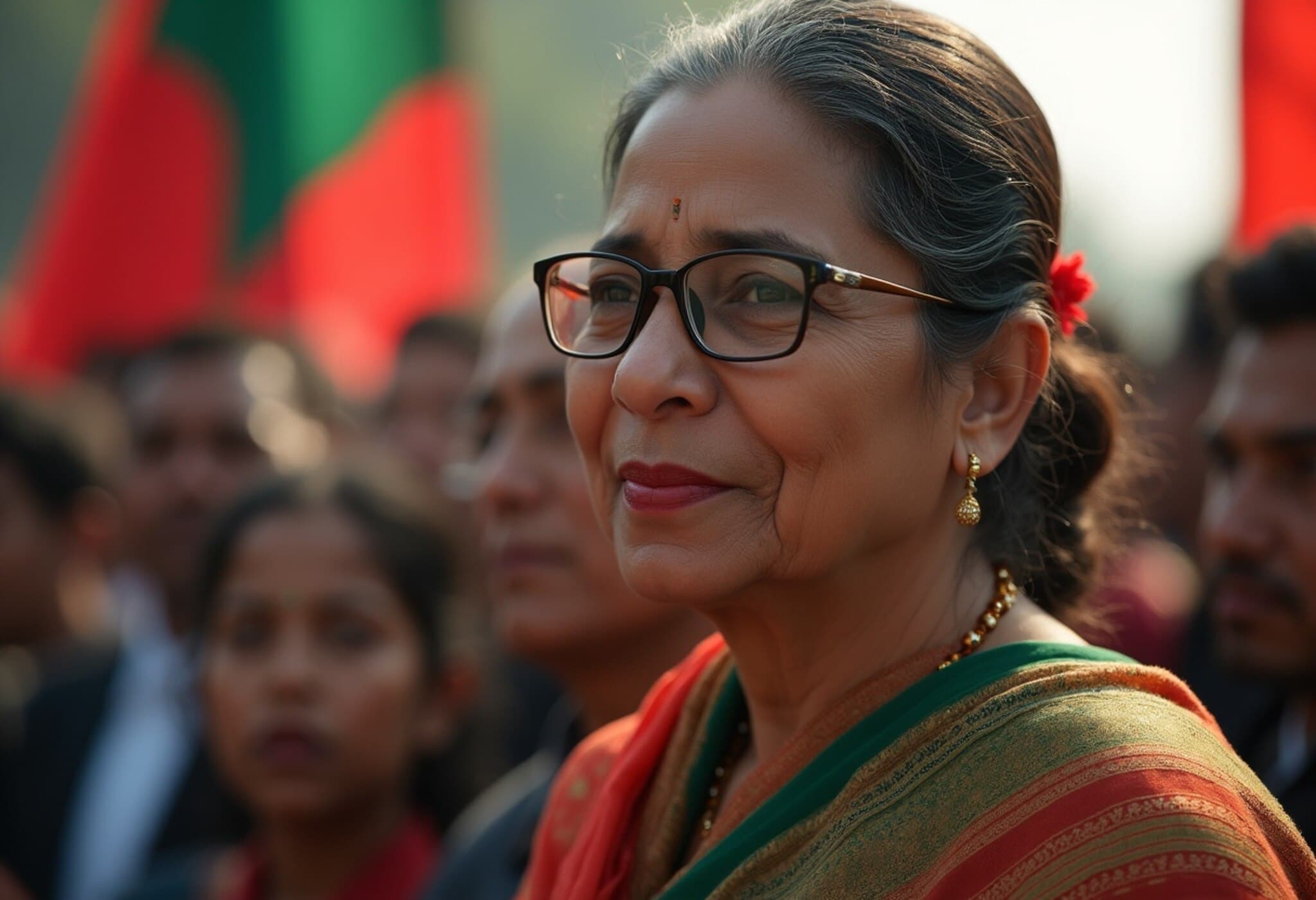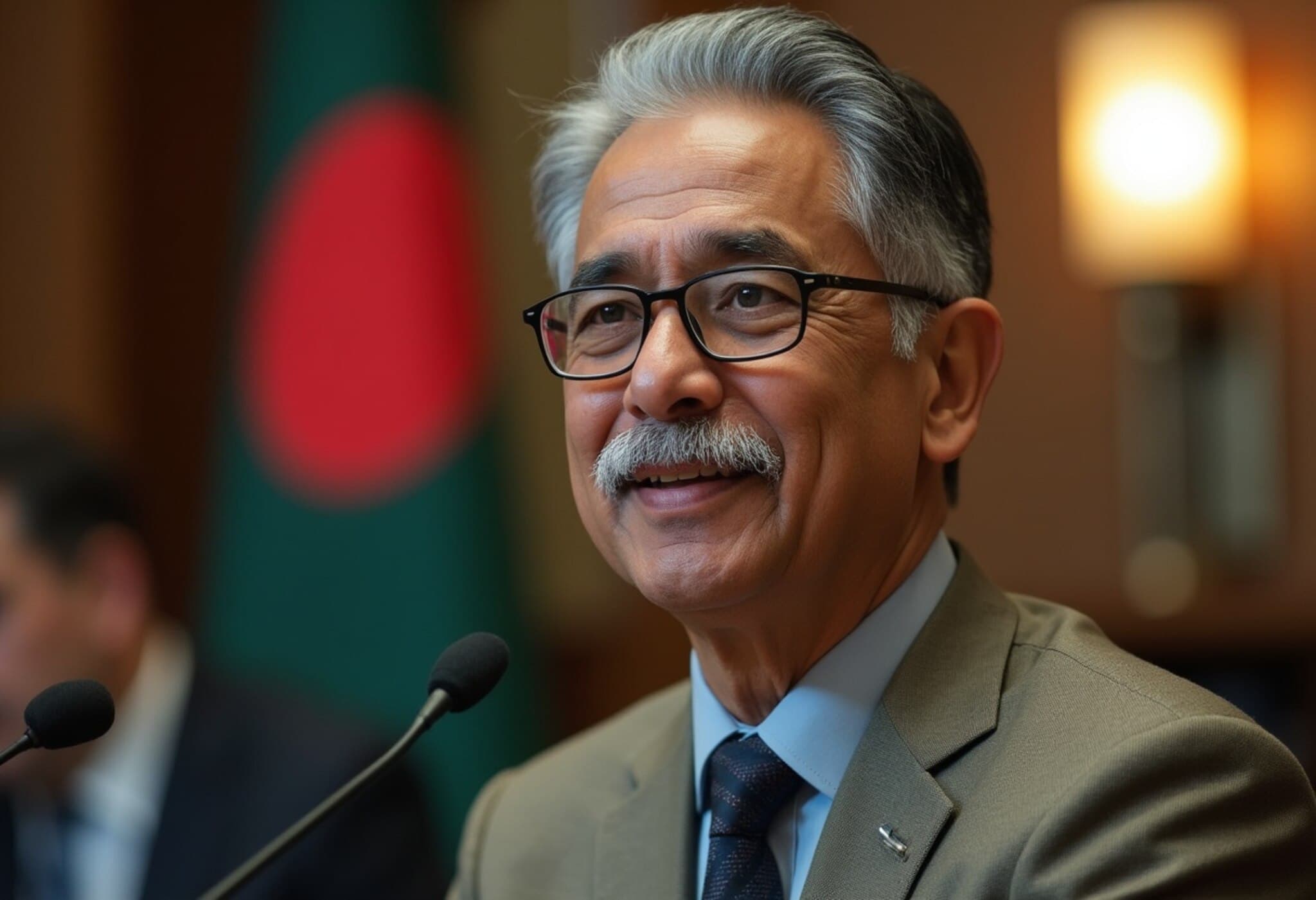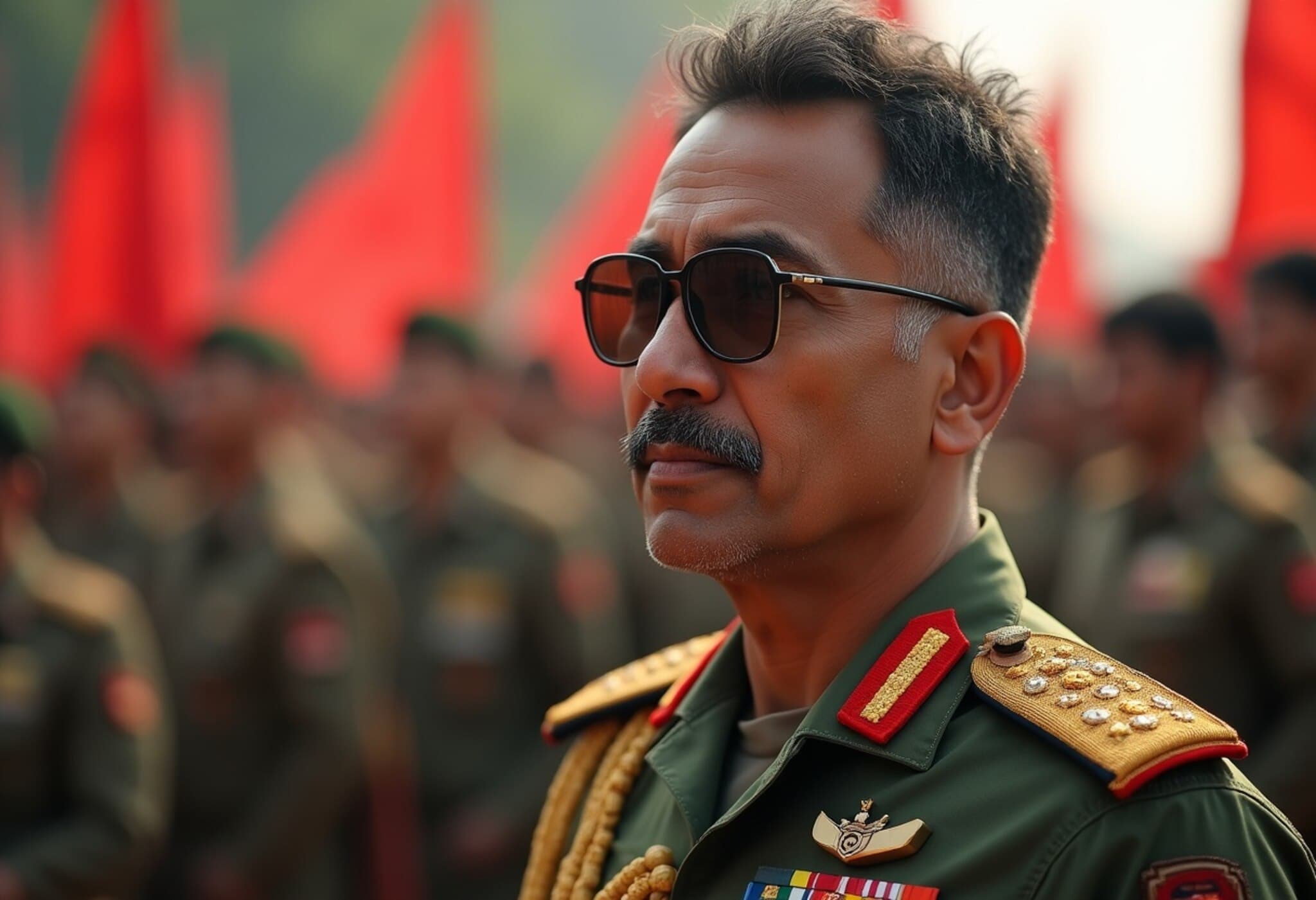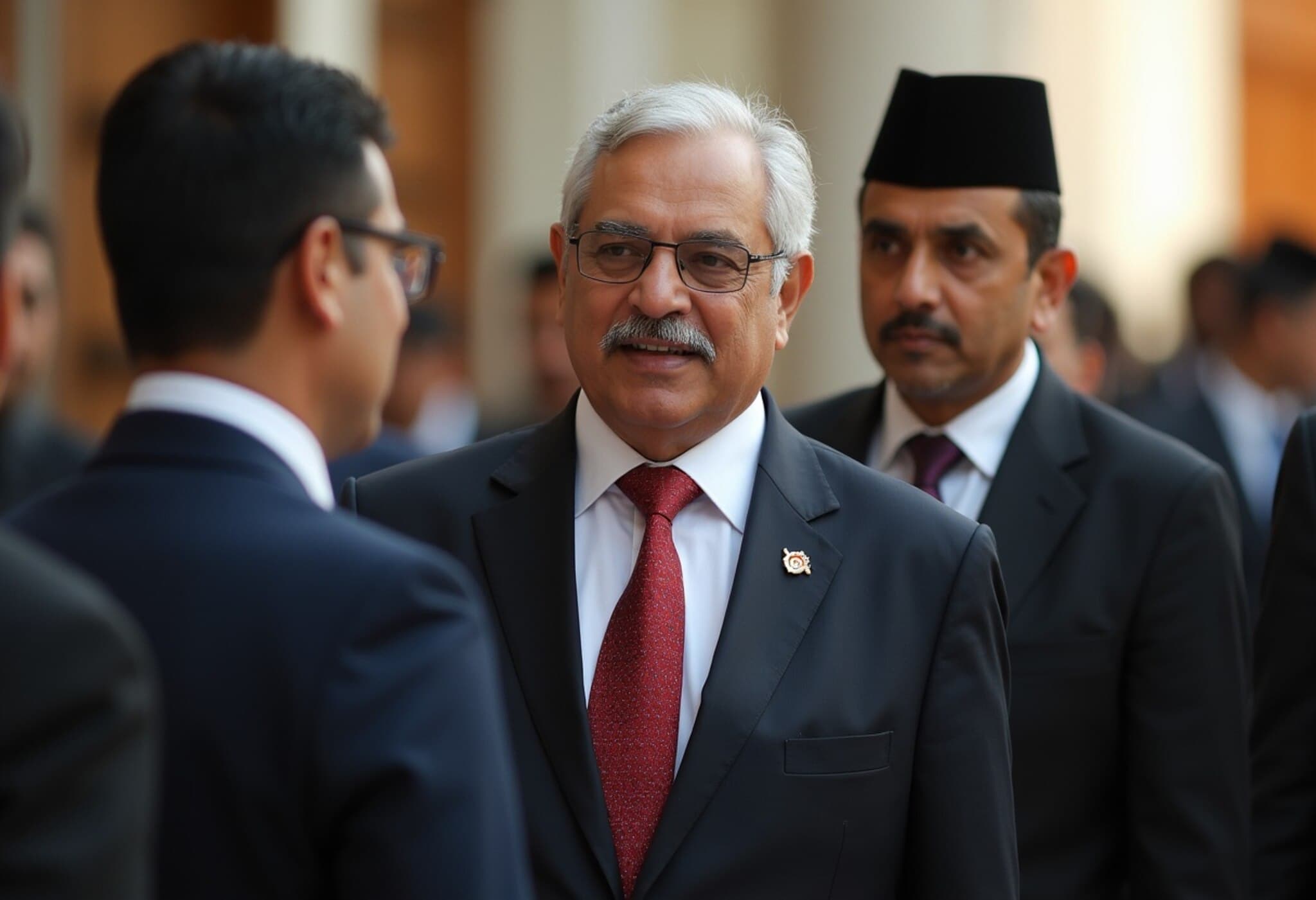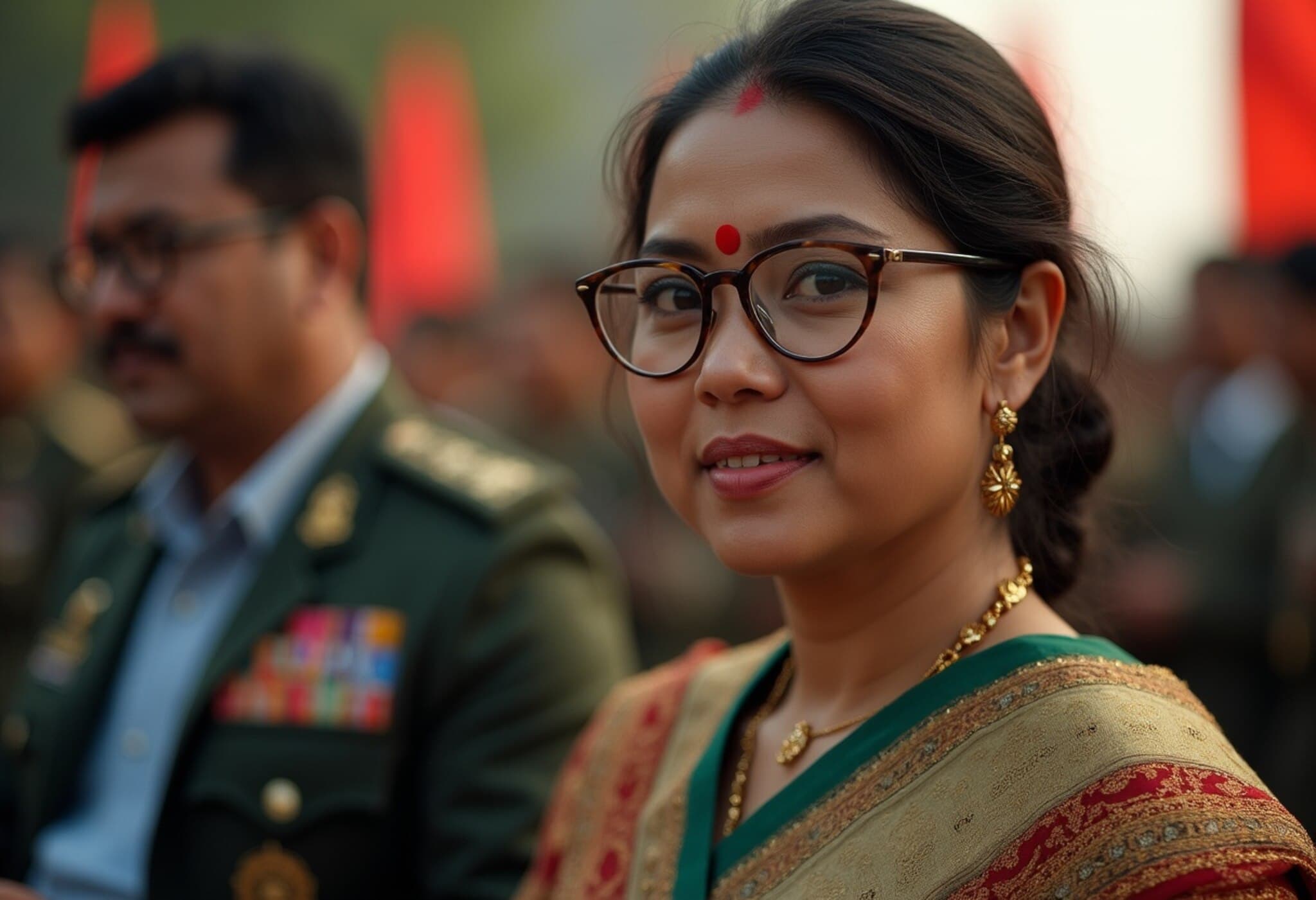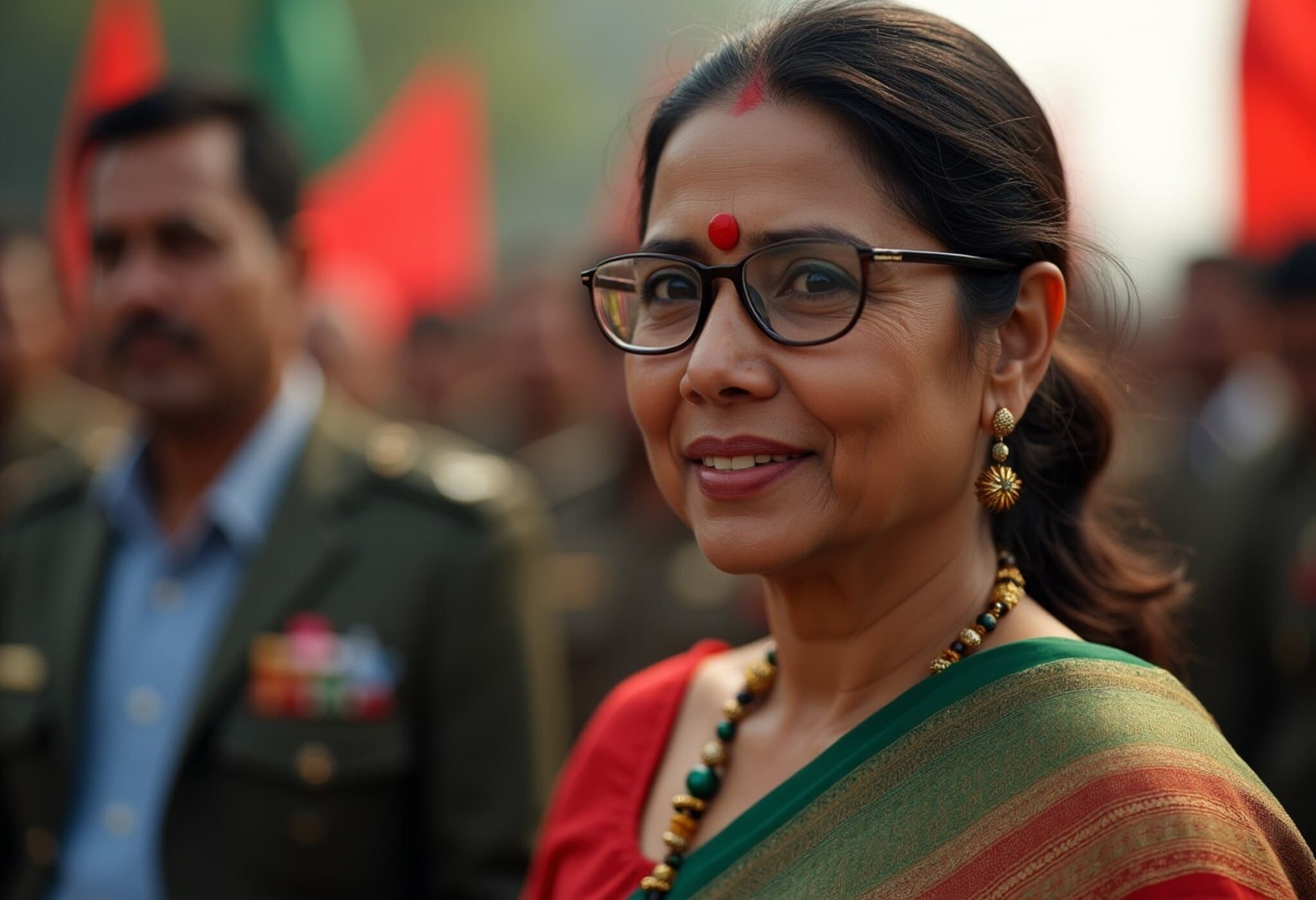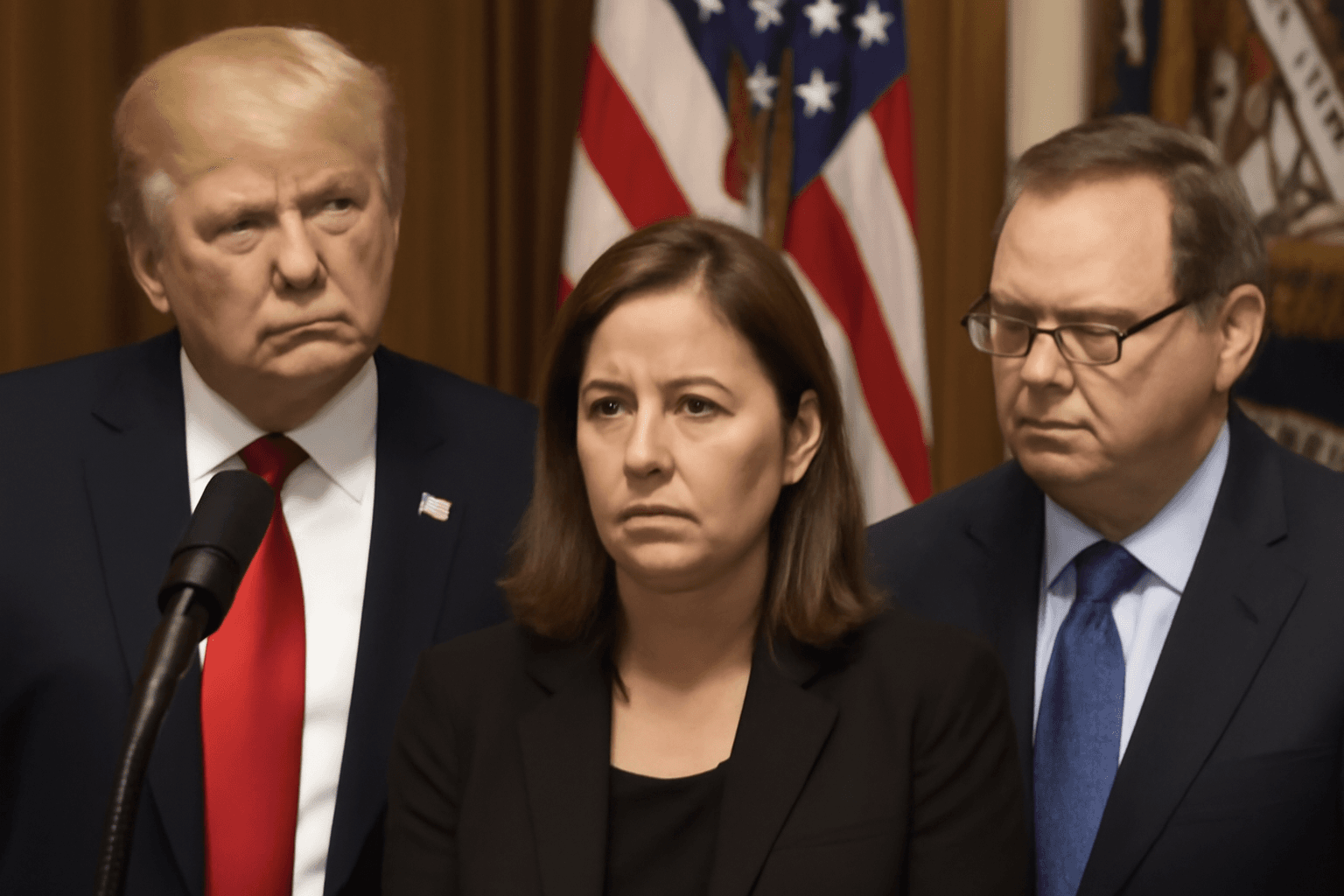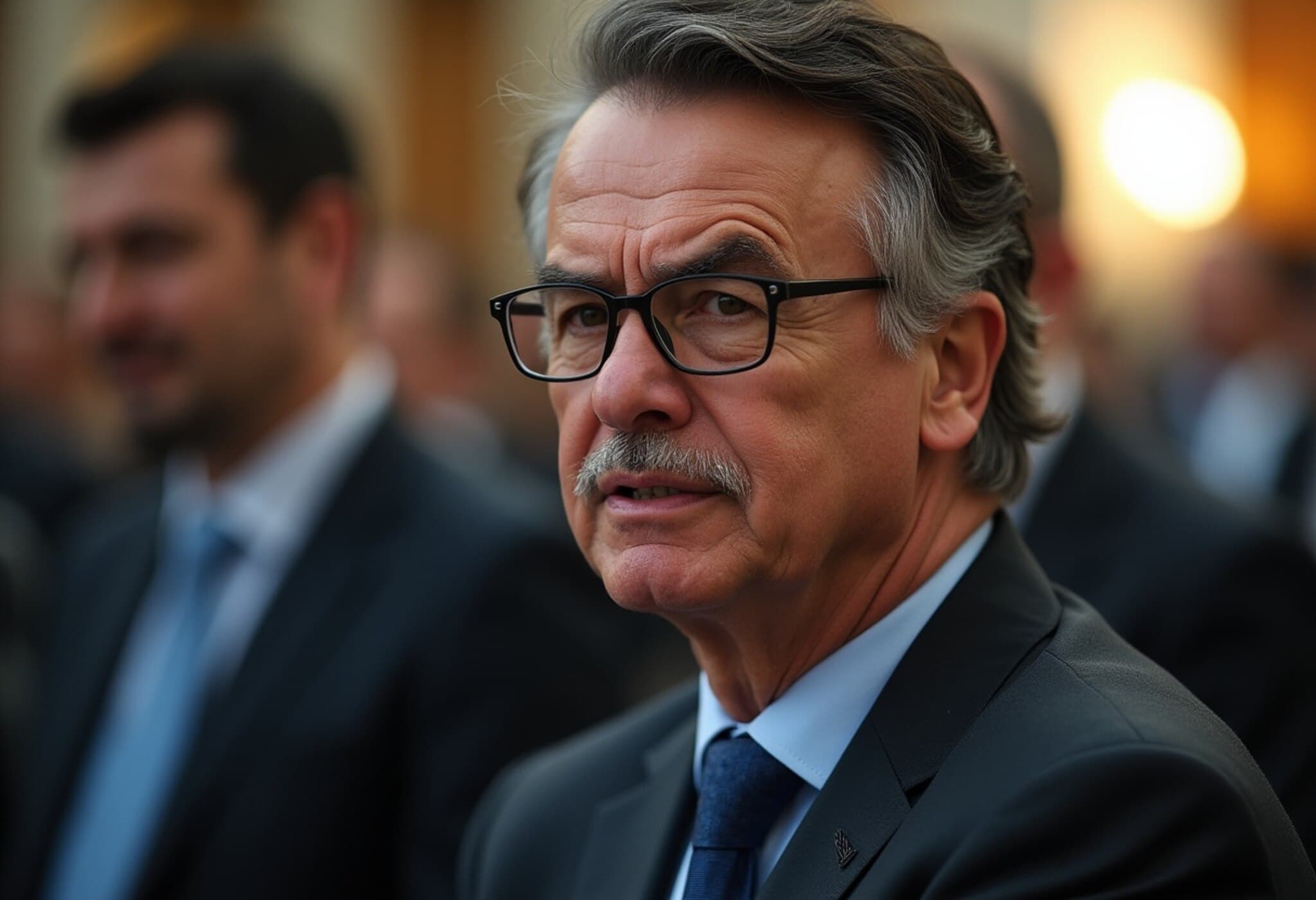Student-Led Movement Sparks Demand for New Bangladesh Constitution
On the anniversary of former Prime Minister Sheikh Hasina's unexpected exit from power, the streets of Dhaka pulsed with renewed political energy. A recently established political party, born from last year's student-led anti-government protests, rallied thousands under the iconic Shaheed Minar monument, passionately calling for a complete overhaul of Bangladesh's constitution and promising a "new Bangladesh." This surge of activism reveals not only a generational desire for change but also highlights the mounting challenges facing Bangladesh's political landscape as the country approaches a pivotal election.
The Rise of the National Citizen Party
Leading the demonstrations was the National Citizen Party, a young political entity formed by student leaders who were at the forefront of the protests that culminated in Sheikh Hasina's departure on August 5, 2024. Party leader Nahid Islam laid out an ambitious 24-point agenda focused on rebuilding national governance structures. Central to their vision is drafting a new constitution to replace the nation’s original 1972 charter—seen by these activists as outdated and disconnected from the aspirations of today’s youth.
"Exactly one year ago, we gathered here at the Shaheed Minar to challenge decades of autocratic rule," Islam declared. "Now, we call on all citizens to unite and bring this historic agenda to life—to create a Bangladesh that truly reflects the dreams of every generation as we move towards our second republic." While the party has not revealed the exact legal framework or content of the proposed constitution, their message resonates strongly with calls for democratic reform, transparency, and inclusion.
BNP Also Mobilizes Youth Ahead of Elections
Parallel to these student-led rallies, the Bangladesh Nationalist Party (BNP), one of the country’s major political forces now marginalized due to legal and political restrictions, mobilized its youth wing with a large gathering also held in Dhaka. Addressing the crowd virtually from London, BNP acting chairman Tarique Rahman—who has been living in exile since 2008—urged supporters to energize younger voters and reclaim democratic space ahead of the forthcoming national elections.
“Our democratic rights remain under threat. It is imperative that the youth engage actively and shape the future of Bangladesh,” Rahman said, emphasizing the importance of political participation as the country teeters on the edge of significant transformation.
Context: A Nation at a Crossroads
The political atmosphere remains tense. Since Sheikh Hasina’s government fell amid widespread unrest that tragically resulted in hundreds of casualties and thousands injured, Bangladesh has been under the stewardship of an interim government led by Nobel Laureate Muhammad Yunus since August 8, 2024. However, criticisms have mounted over the government’s ability to maintain law and order and protect human rights amid ongoing factional violence and political intimidation.
The bans imposed on Hasina’s Awami League have further fragmented the political arena, intensifying uncertainty about the stability and fairness of upcoming elections. Against this backdrop, the emergence of new political voices like the National Citizen Party reflects a broader undercurrent of dissatisfaction with traditional party politics and a youthful yearning for systemic change.
Key Questions Moving Forward
- How will the interim government respond to these vocal demands for constitutional reform?
- Can youthful political movements shift Bangladesh’s entrenched political culture towards greater inclusivity?
- What role will international observers and regional powers play as Bangladesh navigates this politically fragile transition?
Expert Commentary: The Path to Democratic Renewal in Bangladesh
From an expert perspective, the current situation symbolizes a critical juncture for Bangladesh’s democracy. The student-led demand for a new constitution is more than symbolic; it raises fundamental questions about governance, civil liberties, and institutional accountability in a country that has faced repeated cycles of political turmoil.
Political analysts note that the youth—making up over 60% of Bangladesh's population—represent a potent force for change if channeled democratically. However, experts caution that sustainable reform requires inclusive dialogue, strong judicial safeguards, and respect for pluralism to avoid deepening political polarization or instability.
Editor's Note
As Bangladesh strides towards critical elections under the shadow of past upheavals, the spotlight on student-led calls for constitutional reform underscores the dynamic intersection of youthful idealism and hard-won political realities. This developing story challenges us to consider: What would a "new Bangladesh" truly look like, and how might constitutional renewal reshape the nation’s future trajectory? For policymakers, activists, and observers alike, the next chapters in Bangladesh’s democratic evolution warrant close attention.

